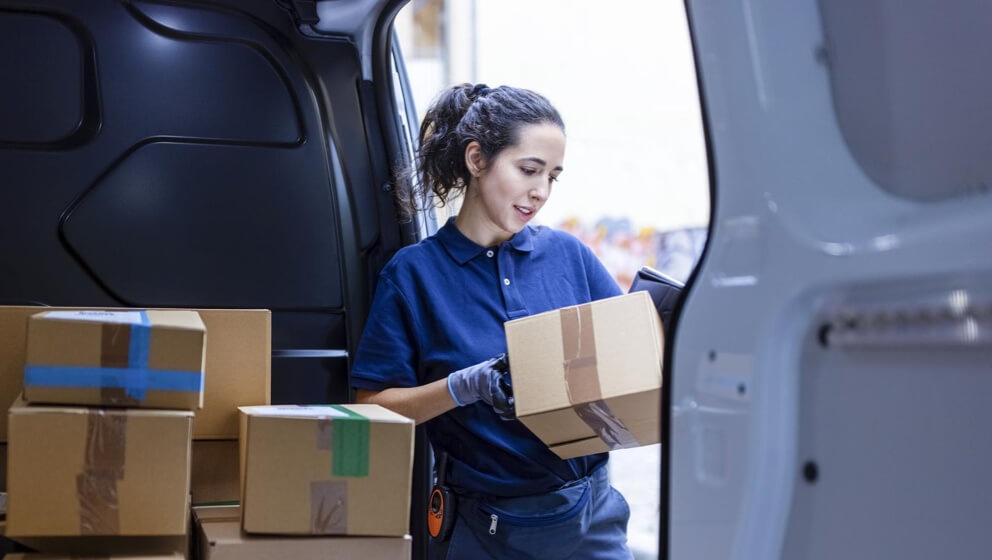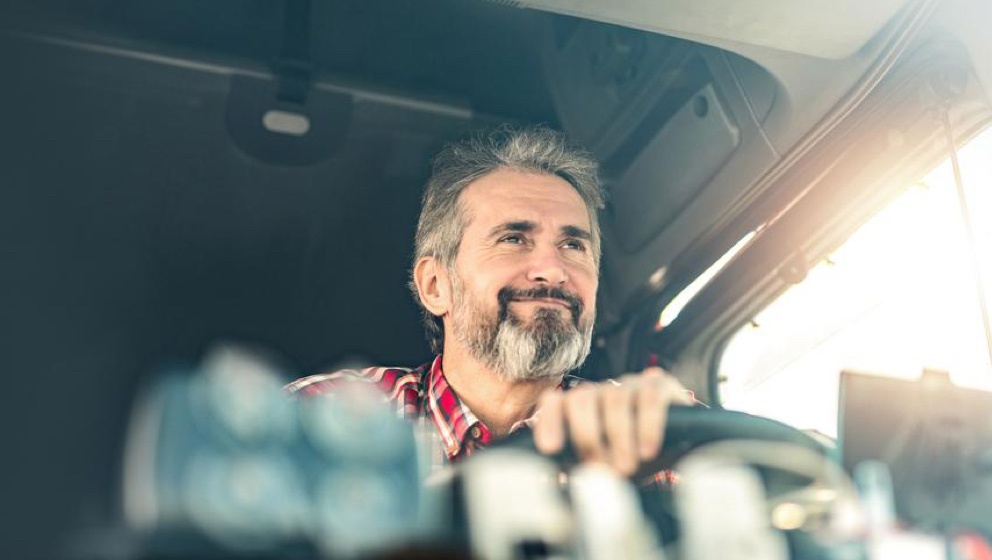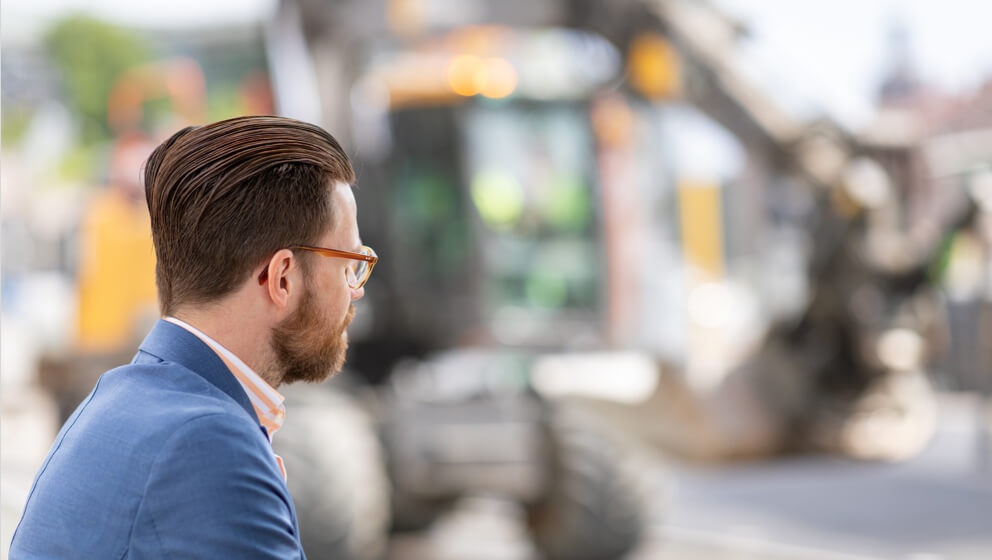Nobina: “We drive the equivalent of 19 times round the Earth every day”
We spoke with David Erixon, Head of Communications at Nobina, the largest bus transport group in the Nordic region.
Straight to the point, Mr Erixon, how important is Neste MY Renewable Diesel (HVO) for Nobina?
“We use several fossil free fuels in our buses; biogas, HVO, RME and we now also have electric buses, which makes us less sensitive to changes in the market. But if I say that 1,200 of our 3,700 buses in the Nordic region run on Neste MY Renewable Diesel , this will give you an idea of how important HVO is for us.”
What did you take into consideration when you started using Neste MY in 2015?
“It was not an overnight switch, we did a smaller scale test first. Naturally, it is vital for both our passengers and us that public transport works non-stop in all situations. So we engaged in exhaustive testing and evaluations to be sure that Neste MY works in hot, cold and other tough conditions, from both an operating and maintenance perspective. In addition, Neste MY delivers a very substantial reduction in carbon dioxide.”
What do drivers and passengers say?
“We don’t hear that much from our drivers, which I view as positive as it suggests things are working well. The passengers that choose to travel by public transport know that this is the smart choice in many different ways, for both the climate and their own wallets.”
What proportion of your bus fleet runs on fossil free fuel?
Erixon continues: “In terms of the whole of the Nordic region, over 80 percent and in Sweden, almost 100 percent. Public transport is a role model for the transition to fossil free, thanks to the bus companies and our regional transport authorities. Fossil free is pretty much always a requirement in the procurements we are involved in.”
How do you envision the future for sustainable public transport?
Erixon again: “I can see even more cooperation between different organisations, such as municipalities and private transport operators. Our most recent example is Barkarbystaden in the fast growing municipality of Järfälla outside Stockholm. Here, we are working closely with the municipality and the transport authority Storstockholms Lokaltrafik (SL), to make entire journeys sustainable and to build a smart city for real. Public transport, urban development, new technology, mobile services and infrastructure are working together to create smart solutions, efficient transport and greater benefits for both passengers and taxpayers. The world’s first self-driving buses have been operating on regular routes in Barkarbystaden since October 2018, and 2019 saw the opening of the first electrified Bus Rapid Transit (BRT) line, a new and sustainable bus system.”
What more are you doing for the climate at Nobina?
“Quite a lot. Firstly, as mentioned, there is the fuel. Secondly, we have a school for our bus drivers, Gröna Resan (Green Travel), that teaches them how to drive in a climate smart way. This eco-driving alone saved us the equivalent of 13,000 tons of carbon dioxide in the very first year. What’s more, this makes journeys far gentler, smoother and more enjoyable for passengers. If we can persuade more people to use public transport, we create a sustainable initiative. You can fit at least 50 car drivers in a single bus. And thirdly, we work with our procurement all the time to find better technology and even more sustainable solutions. We drive the equivalent of 19 times round the Earth every day, with around one million travellers a day, so even the slightest improvement offers a big benefit for society and the climate.”
About Nobina
Nobina began its journey in Tanum in south west Sweden in 1911.
Today, Nobina is the largest bus operator in the Nordic region.
Nobina operates in all four Nordic countries, and has around 3,600 buses. Its challenging vision is “Everyone should want to travel with us”.
Learn more about Neste MY Renewable Diesel

Questions? Get answers

Customer stories

